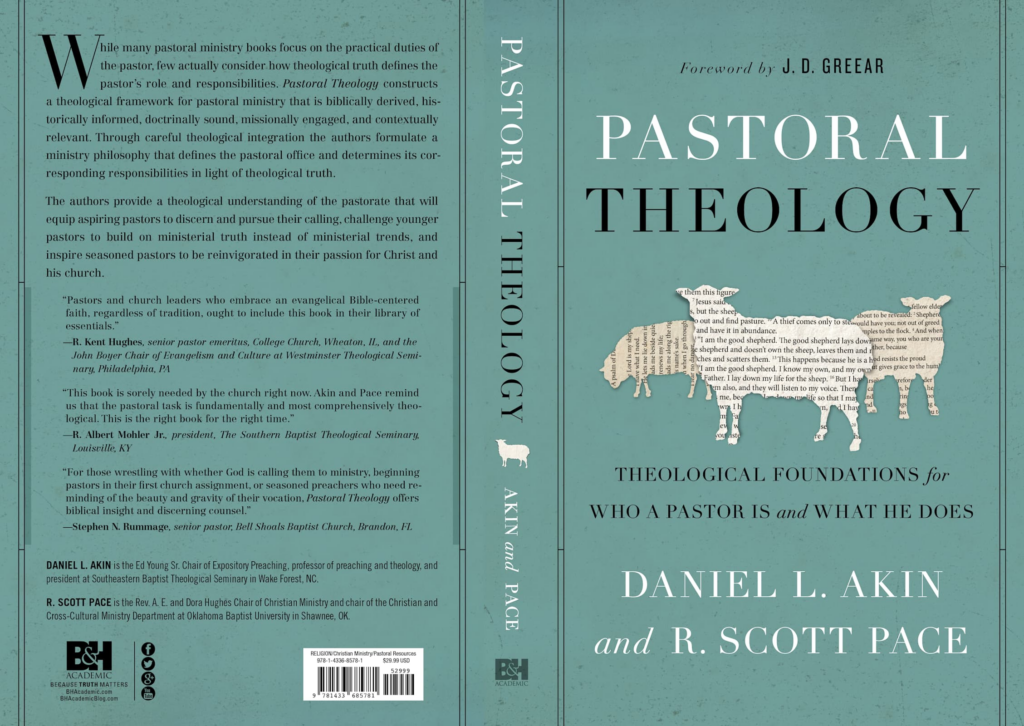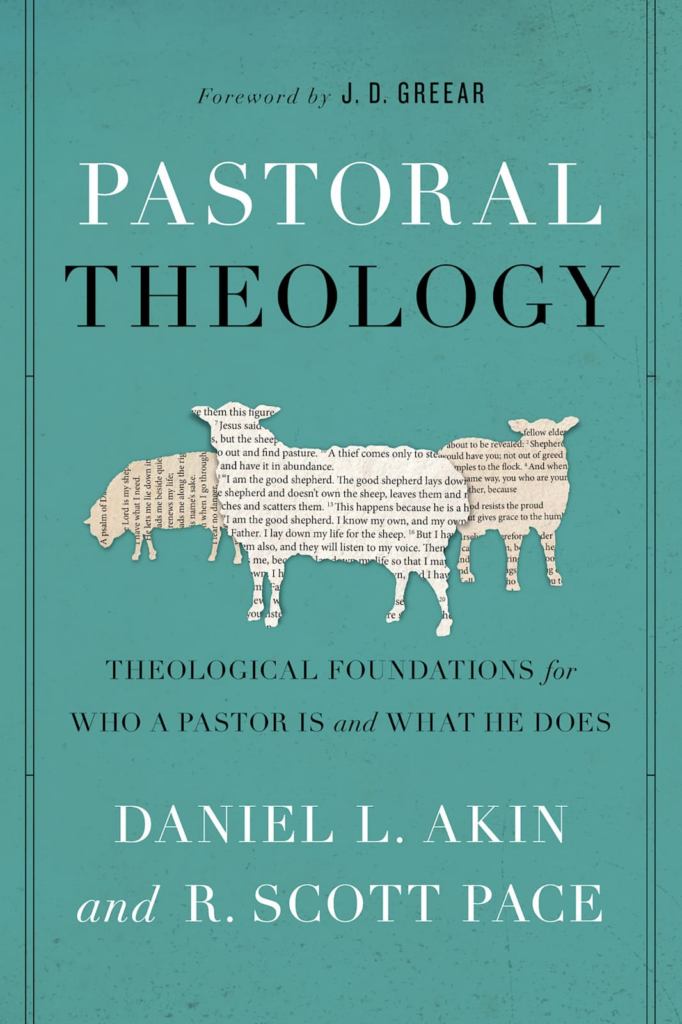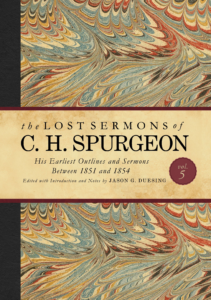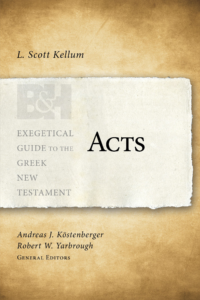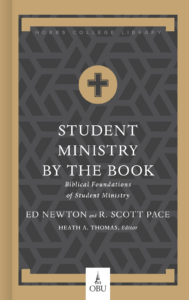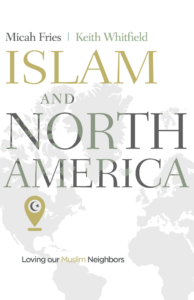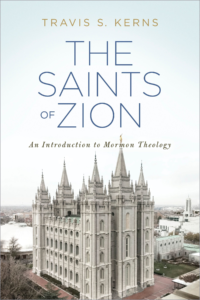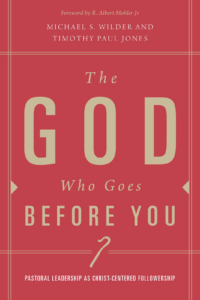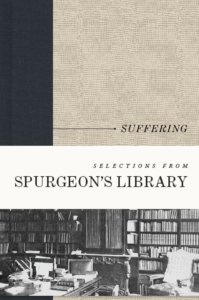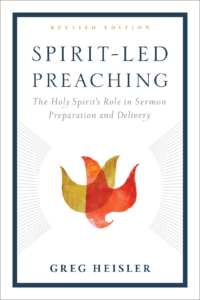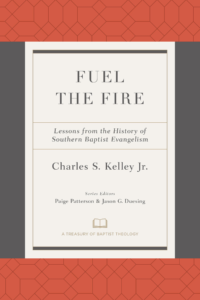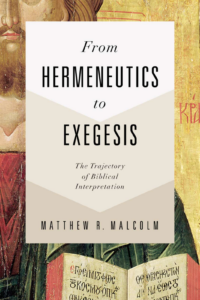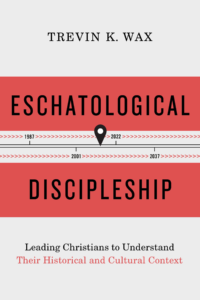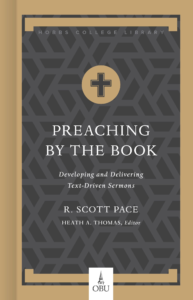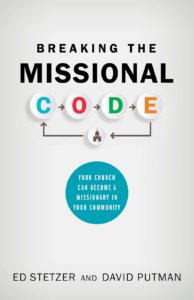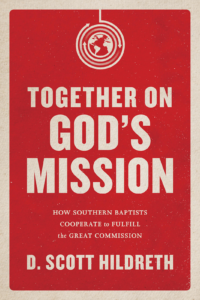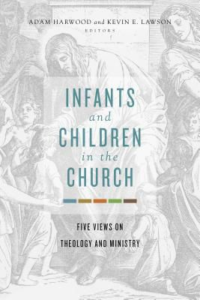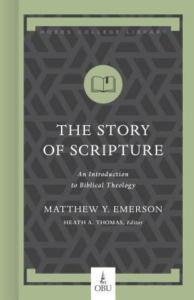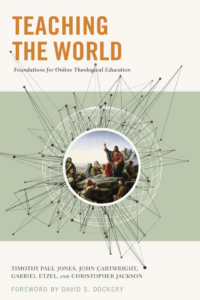While many pastoral ministry books focus on the practical duties of the pastor, few works actually consider how theological truth defines the pastor’s role and responsibilities. These pragmatic ministry tools, though instructionally beneficial, essentially divorce biblical doctrine from ministerial practice. As a result, pastors’ lives and ministries often lack the theological roots that provide the stability and nourishment necessary to sustain them.
Pastoral Theology constructs a theological framework for pastoral ministry that is biblically derived, historically informed, doctrinally sound, missionally engaged, and contextually relevant. By using traditional theological categories the authors explore the correlation between evangelical doctrine and pastoral practice. Through careful theological integration they formulate a ministry philosophy that defines the pastoral office and determines its corresponding responsibilities in light of theological truth.
The authors provide a theological understanding of the pastorate that will equip aspiring pastors to discern and pursue their calling, challenge younger pastors to build on ministerial truth instead of ministerial trends, and inspire seasoned pastors to be reinvigorated in their passion for Christ and his church.
Table of Contents
Chapter 1 – Introduction
Chapter 2 – Theological – The Pastor and God’s Character
Chapter 3 – Christological – The Pastor and God’s Champion
Chapter 4 – Pneumatological – The Pastor and God’s Companion
Chapter 5 – Anthropological – The Pastor and God’s Compassion
Chapter 6 – Ecclesiological – The Pastor and God’s Community
Chapter 7 – Missiological – The Pastor and God’s Commission
Chapter 8 – Ministerial – The Pastor and God’s Congregation
Chapter 9 – Homiletical – The Pastor and God’s Communication
Chapter 10 – Familial – The Pastor and God’s Covenant
Final Considerations

